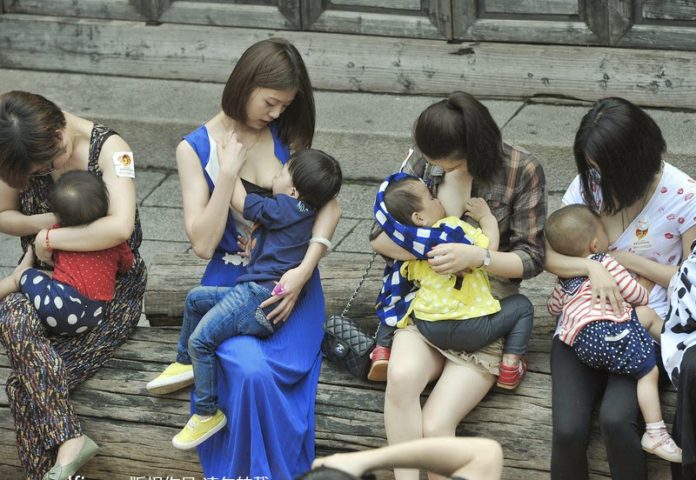
by Michael Woodhead
China’s private hospitals are the winners and breastfeeding mums are the losers under the Freed Trade Agreement Xi Jinping agreed with Australia today.
The FTA gives Australian companies unprecedented access to China’s healthcare system, allowing Aussie health providers to build and operate hospitals in China without the current restrictions that apply to other foreign health companies.
Until recently foreign companies have only been allowed to set up joint venture hospitals, although rules have recently been eased to permit foreign hospitals to be buy or set up hospitals and clinics in Shanghai, Beijing and Tianjin.
One of Australia’s leading private hospital operators, Ramsay Health, has already announced a move to buy into a Chengdu private hospital group that operates five hospitals. However, it remains to be seen whether other Australian companies follow suit, especially given that Australia has only a limited number of private hospital operators. Australian healthcare companies may also find it difficult to work in China as they are accustomed to working in a heavily protected and subsidised market. Private health companies receive $5 billion in Australian government handouts a year in a support scheme that was introduced in the 1990s to prop up the uncompetitive industry when Australians abandoned private hospitals in favour of the excellent public hospital system funded by Medicare.
Australians are more accustomed to dealing with China over resources than services, though one mining tycoon has been quick off the mark to cash in on the free trade agreement to sell milk formula to anxious Chinese mothers. Billionaire Gina Rinehart whose fortune come from iron ore mines she inherited from her father, has announced she will set up a massive dairy operation to produce milk formula for the China market. Australia’s richest woman will acquire about 5,000 hectares of farmland in Queensland to that is expected to produce an estimated 30,000 tonnes of infant formula for export to China every year.
However, the move is unlikely to be welcomed by China’s child health specialist who are already struggling to raise China’s pitiful 28% breastfeeding rate to somewhere near to the global average of 40%. Groups such as the World Health Organisation and UNICEF have called for urgent action to boost China’s breast feeding rates, but they struggle against aggressive and unethical promotions by milk formula companies, who are also known to bribe hospitals and clinicians to promote their products.
